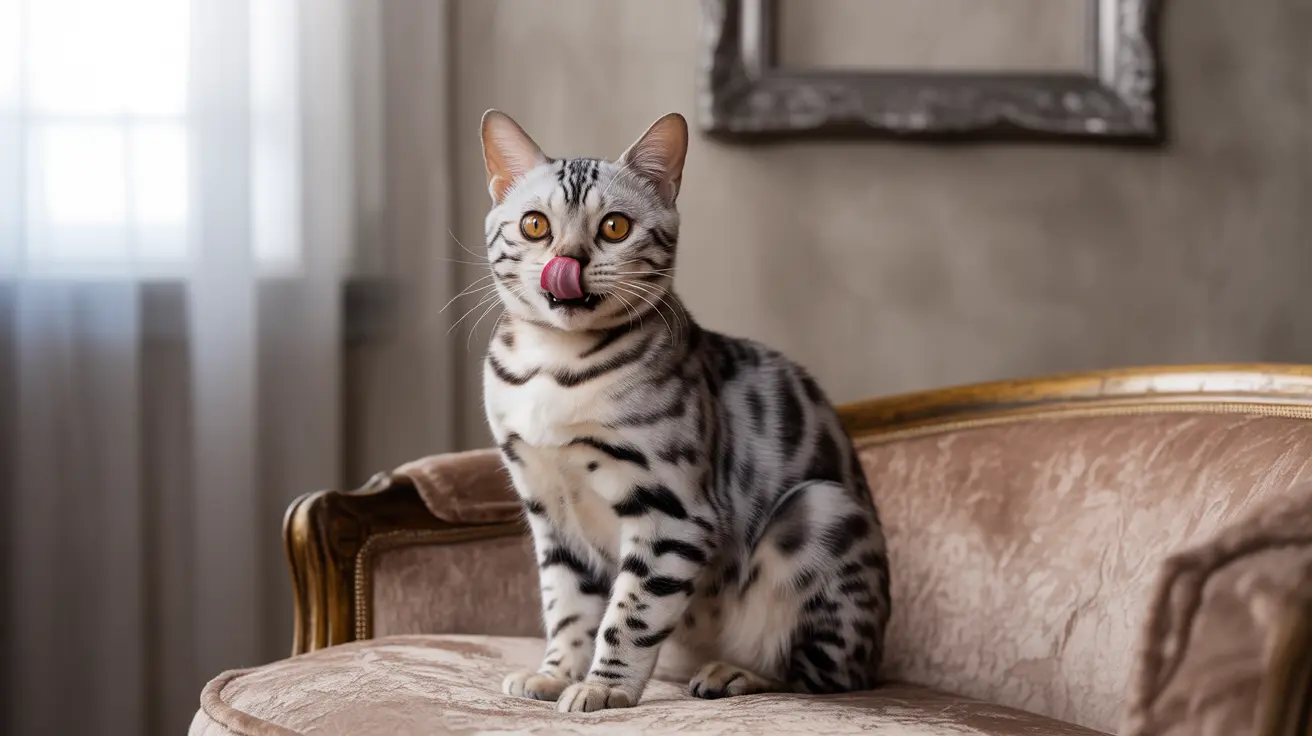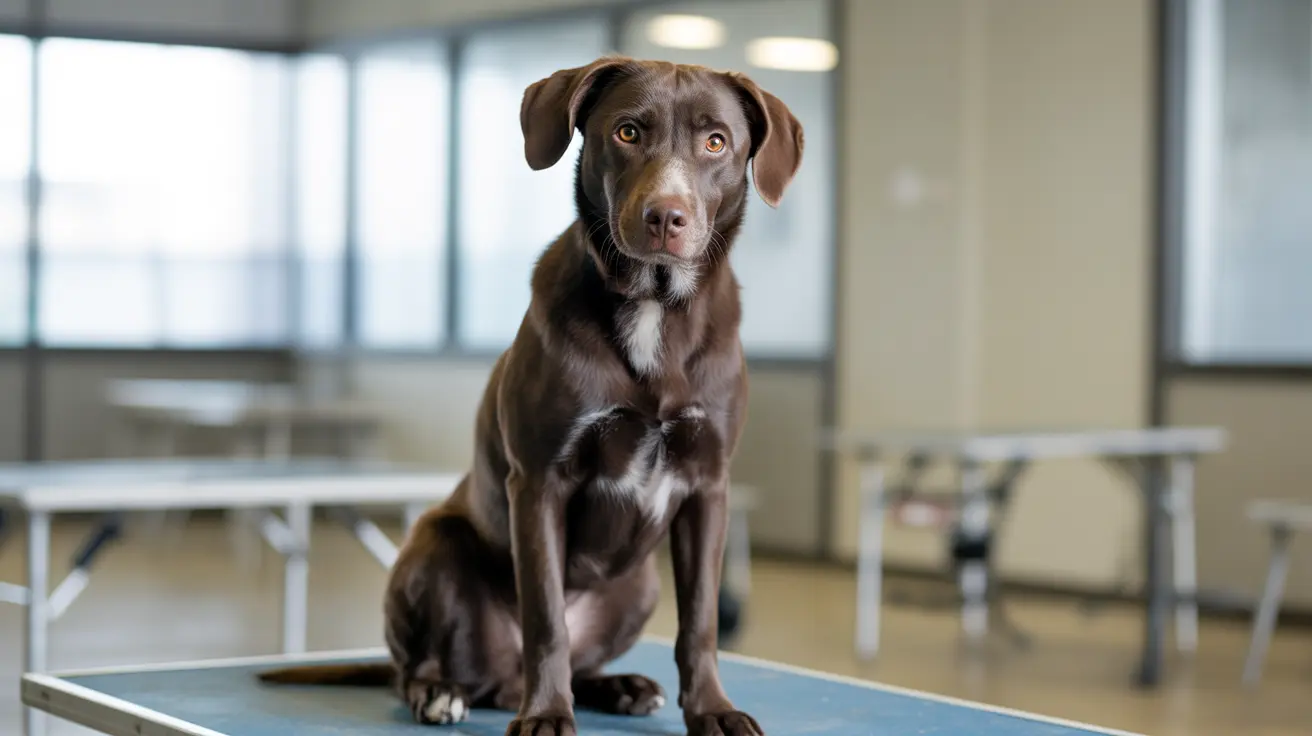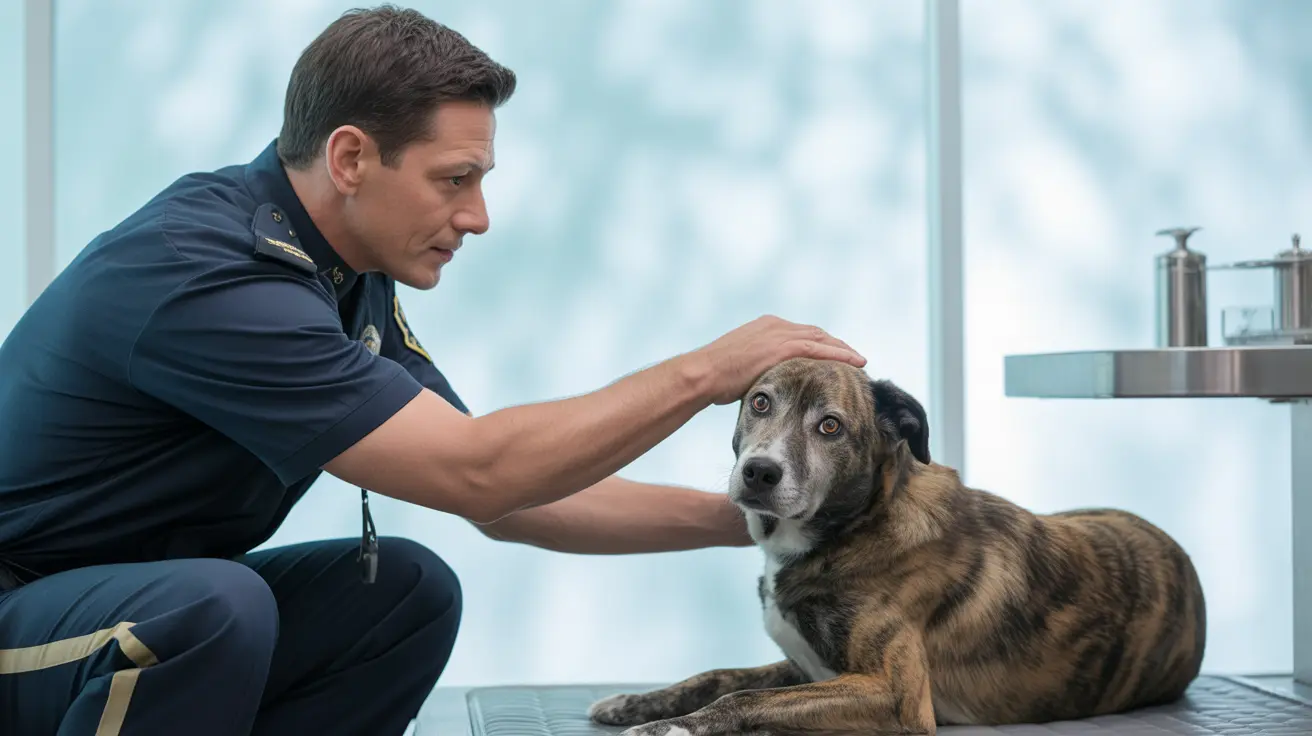Understanding Normal vs. Abnormal Cat Breathing
Cats are obligate nasal breathers, meaning they naturally breathe through their nose. When a cat breathes through its mouth, it's often a sign that something isn't quite right. Normal cat breathing should be quiet, steady, and barely noticeable.
Even during play or exercise, cats should recover their normal breathing pattern within a few minutes. Any prolonged open-mouth breathing warrants attention and potentially immediate veterinary care.
Stress-Related Open-Mouth Breathing in Cats
When cats become stressed, their bodies respond with various physiological changes, including altered breathing patterns. Common stress triggers include:
- Veterinary visits
- Car rides
- New environments
- Loud noises
- Unfamiliar people or animals
- Changes in routine
During these stressful events, cats may exhibit open-mouth breathing alongside other stress indicators such as dilated pupils, flattened ears, and a tucked tail.
Medical Causes of Open-Mouth Breathing
While stress can trigger open-mouth breathing, several medical conditions may also cause this symptom:
- Respiratory infections
- Asthma
- Heart disease
- Pleural effusion
- Airway obstruction
- Heat stroke
- Trauma
These conditions require immediate veterinary attention, as they can quickly become life-threatening if left untreated.
Emergency Warning Signs
Watch for these critical symptoms accompanying open-mouth breathing:
- Blue or pale gums
- Labored breathing or heaving chest
- Excessive drooling
- Weakness or collapse
- Coughing or wheezing
- Inability to rest comfortably
How to Help Your Stressed Cat
If your cat is showing signs of stress-related open-mouth breathing:
- Remove stressors if possible
- Provide a quiet, safe space
- Keep the environment cool and well-ventilated
- Avoid handling unless necessary
- Consider using calming aids like pheromone diffusers
- Monitor breathing patterns closely
Prevention and Management
To minimize stress-related breathing issues:
- Create a consistent daily routine
- Provide multiple hiding spots
- Use carrier training for less stressful transport
- Schedule regular veterinary check-ups
- Maintain a calm home environment
- Consider anxiety-reducing products when necessary
Frequently Asked Questions
Why does my cat breathe with an open mouth when stressed?
Cats open their mouths when stressed because they're experiencing difficulty breathing through their nose alone or trying to cool down. This behavior indicates that your cat is experiencing significant anxiety or physical distress and needs immediate attention.
When is open-mouth breathing in cats a veterinary emergency?
Open-mouth breathing is considered an emergency if it persists for more than a few minutes, occurs without obvious cause, or is accompanied by blue gums, weakness, or labored breathing. Always seek immediate veterinary care in these situations.
What medical conditions can cause a cat to pant or breathe heavily?
Several conditions can cause heavy breathing or panting in cats, including respiratory infections, asthma, heart disease, pleural effusion, airway obstructions, and heat stroke. All require professional medical evaluation and treatment.
How can I tell if my cat's open-mouth breathing is normal after exercise or stress?
Normal post-activity breathing should return to regular patterns within a few minutes. If open-mouth breathing continues beyond this time or occurs without obvious cause, it's considered abnormal and requires veterinary attention.
What should I do if my cat is panting and showing other signs like blue gums or coughing?
If your cat shows these symptoms, treat it as a medical emergency. Keep your cat calm, place them in a well-ventilated carrier, and seek immediate veterinary care. Don't wait to see if symptoms improve on their own.
Conclusion
While cats may open their mouths when stressed, this behavior should never be ignored or considered normal. Understanding the difference between stress-related panting and serious medical conditions is crucial for your cat's health and well-being. When in doubt, always consult with your veterinarian to ensure your cat receives appropriate care and treatment.






